Neurology
Overview
The Department of Neurology at SRRSH was established in 1994 and has constituted an integral part of the Department of Internal Medicine since its inception. With the guidance of experts both from China and the United States, along with the dedicated efforts of our staff, the department has evolved into an independent specialty.
Subsequent to our hospital's first Joint Commission International (JCI) accreditation in 2009, the outpatient volume of the Neurology Department has increased considerably, resulting in a robust patient base that has facilitated the establishment of subspecialty centers. Over the years, a number of specialized diagnostic and treatment centers have been established. In 2007, we launched the first center for the treatment of spontaneous intracranial hypotension (SIH) in China. This introduced standardized treatment protocols and innovative non-invasive techniques for precise localization of cerebrospinal fluid leaks. The targeted interventions have significantly enhanced the success rates for patients with SIH.
In December 2008, the Stroke Center was established, and, in December 2011, it became the first JCI-certified primary stroke center in China. In 2018, the center was awarded the title of "Five-Star Advanced Stroke Center" by the Ministry of Health China Stroke Prevention Project Committee (CSPPC). In 2021, it underwent a successful re-evaluation in accordance with the criteria for the advanced stroke center.
In 2016, the first Botulinum Toxin Treatment Centre in China was established, which is now recognized as the largest center for Dystonia in East China. In 2021, a one-stop diagnosis and treatment center for Parkinson's disease was launched, ensuring standardized and comprehensive management for our patients. In the same year, a Sleep Medicine Centre was also established, creating a database for rare sleep disorders and becoming the leading center for the treatment of narcolepsy in Zhejiang Province. In 2022, the epilepsy center successfully passed review and received certification as a "National Epilepsy Center (Level 2) ". Furthermore, in the same year, approval was obtained for the "National Advanced Cognitive Disorder Center ".
Thanks to the combined efforts of our team and the expert guidance of our consultants, the Neurology Department has grown into a dynamic and vigorous team, operating across five wards in Qingchun, Qiantang, Grand Canal, Shaoxing and Shuangling Campuses, with over 140 authorized beds, an annual outpatient volume of 200,000 visits, and more than 8,000 inpatient admissions. The department currently employs a total of 70 individuals, comprising 46 physicians and 24 electrophysiology technicians. Additionally, the department includes 23 senior specialists, 30 with doctoral degrees and 31 with master's degrees.
The department addresses a wide range of conditions, including cerebrovascular diseases, movement disorders, headaches and SIH, dizziness and vertigo, epilepsy, sleep disorders, peripheral neuropathy, myopathies, cognitive disorders, and neuroimmunology. Many of our subspecialties are ranked among the best in the province and nationally. We place a strong emphasis on talent development by facilitating overseas training opportunities for young and mid-career physicians at leading universities and hospitals in the USA, UK, South Korea, and Japan. This enables them to gain advanced training and to establish friendly cooperative relationships with these institutions.
The department is committed to cultivating a culture of diligence, stability, transparency, and harmony. With a focus on compassionate care, academic excellence and dedicated teaching, we aim for steady progress in our development in accordance with the aforementioned principles. In this new era, the neurology department will harness its strengths to enhance subspecialty development, prioritize areas of specialized expertise and improve clinical research capabilities. In alignment with the hospital's requirements for high-quality growth, the department will also prioritize the creation of a sustainable academic environment and the advancement of academic research.
Technical advantages
Cerebrovascular Disease and Stroke Center
The team is composed of professionals from a variety of disciplines, including emergency stroke care, neurology, neurosurgery, intensive care, neurointervention, rehabilitation medicine, and health education. The team's expertise encompasses reperfusion therapy for ischemic stroke, interventional surgery, diagnosis, pharmacological treatment, prevention, health education, and both basic and clinical research for ischemic cerebrovascular diseases.
Headache and Intracranial Hypotension Center
We launched the first center for the treatment of spontaneous intracranial hypotension (SIH) in China, which is a leading institution in the standardized diagnosis and management of SIH. By conducting precise localization of cerebrospinal fluid leaks in the spinal cord, employing targeted epidural blood patching and surgical interventions, the center currently has treated the largest number of SIH patients in China. The center conducts research on the mechanisms related to various headaches, including migraine and medication overuse headache, as well as provides pharmacological and neuropsychological therapy for patients. Specialized headache, dizziness and vertigo clinics have been established to cater to these specific needs. The center now is a member of the China Headache Prevention and Control System and Construction Expert Committee.
Movement disorders and Botulinum toxin type A Treatment Center
The Botulinum Toxin Treatment Center is a multidisciplinary facility that integrates clinical practice, electrophysiology, ultrasound, magnetic resonance imaging (MRI), genetic testing, and nuclear medicine. A dedicated clinic for botulinum toxin treatment has been established offering effective treatment for blepharospasm, hemifacial spasm and sialorrhea. It is worth noting that the EMG-guided injections used for the treatment of spasmodic torticollis have resulted in a significant enhancement in efficacy. The center is acknowledged as a leading authority at the national and international levels in this field.
One-stop specialized Parkinson's Disease Center
A Parkinson's disease clinic was established specifically to provide diagnosis and personalized treatment for patients with this condition. The center was the pioneering facility in the province to offer Deep Brain Stimulation (DBS) surgery, providing comprehensive preoperative assessments and postoperative care for patients with mid-to-late-stage Parkinson's disease as well as genetic testing and consultations for patients with early-onset Parkinson's disease.
Sleep Medicine Center
The center offers comprehensive sleep diagnostics, including Type I-III polysomnography (PSG), multiple sleep latency tests (MSLT), maintenance of wakefulness tests (MWT), lower limb immobilization tests, non-invasive ventilator pressure titration, and actigraphy. By employing high-density electroencephalography, MRI, orexin level measurement in cerebrospinal fluid, high-resolution human leukocyte antigen typing, and other genetic tests, various sleep disorders can be precisely diagnosed in the sleep clinic. Currently, the center is a member of the Narcolepsy Collaborative Group of the China Sleep Research Society, a sleep technologist training base certified by the National Health Commission Capacity Building and Continuing Education Center and the Vice President and Secretary-General Unit of the Zhejiang Sleep Research Society.
Epilepsy Center
The center successfully received certification as a National Epilepsy Center (Level 2). The center provides specialized care for patients with epilepsy, offering accurate diagnosis, professional evaluations, comprehensive treatment plans, and long-term follow-up management, all aimed at controlling seizures and improving quality of life. A dedicated epilepsy clinic has been established, offering long-term video EEG monitoring, PET-CT and MRI, and genetic testing for hereditary epilepsy. Additionally, the center performs preoperative evaluations and surgical treatments for refractory epilepsy.
Cognitive Impairment Center
The center serves as a training base and has been awarded the title of "National Advanced Cognitive Disorder Center" by the National Health Commission. The center offers standardized and international diagnosis, treatment, rehabilitation, prevention, and follow-up for patients with cognitive impairments, equipped with advanced medical equipment and technologies such as genetic testing, Aβ-PET scanning, cognitive rehabilitation software, transcranial magnetic stimulation, and transcranial direct current stimulation. A memory disorder clinic is also established within the center, specializing in providing individualized treatment and prevention services tailored to the unique needs of each patient.
Neuromuscular Pathology and Peripheral Neuropathy
Our department was the first to undertake cerebrospinal fluid cytology and pathological examinations of peripheral nerves and muscles in the province. This center specializes in the diagnosis and treatment of both hereditary and acquired peripheral neuropathies, hereditary and acquired skeletal muscle disorders, as well as the diagnosis of intracranial infections and meningeal carcinomatosis.
Neuroimmunological Disorders and Motor Neuron Diseases
The center has established the first neuroimmunology clinic in Zhejiang, where we have accumulated extensive clinical experience in the management of conditions such as multiple sclerosis, neuromyelitis optica, myelitis, myasthenia gravis and autoimmune encephalitis. Furthermore, a specialist Motor Neuron Disease Clinic has been established, offering standardized diagnosis and treatment for conditions within the motor neuron disease spectrum, including amyotrophic lateral sclerosis (ALS) and progressive muscular atrophy (PMA).
Neurophysiology
The electromyography (EMG) laboratory performs a range of diagnostic procedures, including Nerve Conduction Velocity (NCV), EMG, single-fiber electromyography (SFEMG), repetitive electrical stimulation (RNS), F waves, H reflexes, evoked potentials and other techniques, with the objective of providing essential data for the diagnosis of neuromuscular diseases.
The electroencephalography (EEG) laboratory performs a range of procedures, including conventional EEG, sphenoidal EEG, long-term video electroencephalography (long-term VEEG), dynamic EEG, polysomnography (PSG), multiple sleep latency tests (MSLT), sleep apnea monitoring, event-related potentials (ERP), video nystagmography (VNG) and transcranial magnetic stimulation (TMS) therapy.
Academic status
National Health Commission Standardized Training Base for Resident Physicians
National Base for Drug Clinical Trial
China's First Internationally JCI-Certified Stroke Center
Advanced Stroke Center
National Epilepsy Center (Level 2)
China's First Botulinum Toxin Treatment Center
National Advanced Cognitive Disorder Center
National One-stop Center for Parkinson's Disease
Spontaneous Intracranial Hypotension Center
Sleep Medicine Center
Research achievements
The Neurology Department engages in research activities through the auspices of specialized subgroups. The scientific research capability has demonstrated consistent growth and development under the guidance of the department chief and the dedicated efforts of the subspecialty leaders. The department has undertaken 13 projects funded by the National Natural Science Foundation of China (NFSC) and 15 provincial and ministerial projects, consistently publishing numerous influential research articles each year. In the field of cerebrovascular disease, the department has been involved in several notable projects, including the "Transformation Project of Standard Emergency Medical Technology in Ten Cities and One Hundred Hospitals", the "Investigation of the Mechanisms of Calreticulin in Brain Ischemic Injury" and "Effects of Early Management of Outcome and its Mechanisms on Sleep Apnea on Ischemic Stroke". These projects have yielded remarkable results in both clinical and basic research related to cerebrovascular diseases.
Moreover, the department is at the vanguard of clinical research on"Targeted epidural blood patch treatment for SIH" at the national level. The corresponding research achievement, entitled "Key Technologies for the Treatment and Promotion of SIH" was awarded the Third Prize for Scientific and Technological Progress in Zhejiang Province in 2021. In recent years, collaboration with the Zhejiang Brain Institute has resulted in significant advances in the understanding of the mechanisms underlying both migraine and medication-overuse headache (MOH).
The Neurology Department has a long-standing tradition of excellence in the field of movement disorders, as evidenced by a history of productive research outcomes, including numerous national research grants and the organization of national continuing education programs. Furthermore, the sleep sub-specialty has yielded significant findings, particularly in the domains of narcolepsy and restless legs syndrome (RLS), which have been disseminated through numerous high-quality publications.
Experts
-
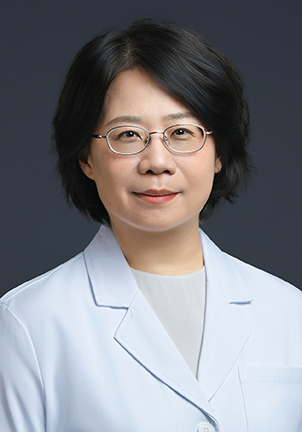 WANG JinSenior Consultant
WANG JinSenior Consultant -
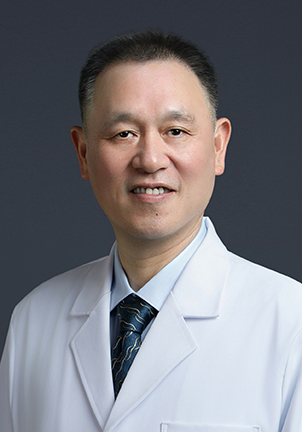 HU XingyueSenior Consultant
HU XingyueSenior Consultant -
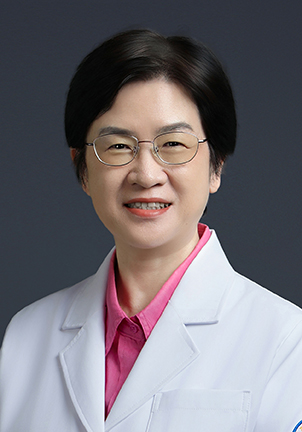 LV WenSenior Consultant
LV WenSenior Consultant -
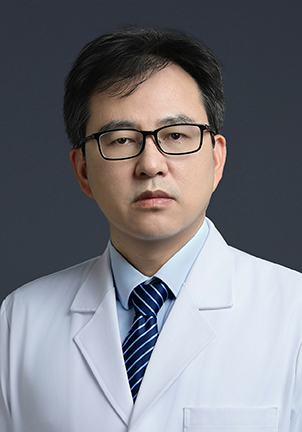 ZHANG LisanSenior Consultant
ZHANG LisanSenior Consultant -
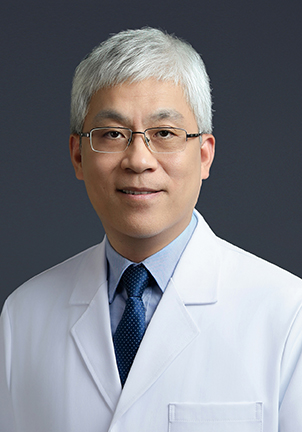 SHAO YuquanSenior Consultant
SHAO YuquanSenior Consultant -
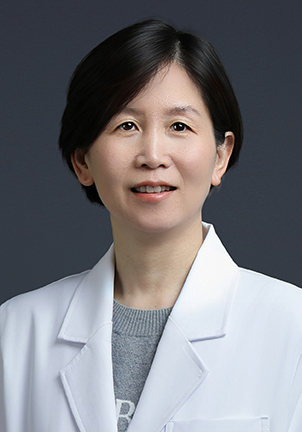 LU PeilinSenior Consultant
LU PeilinSenior Consultant -
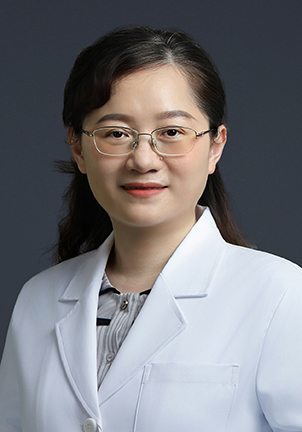 CAI HuayingSenior Consultant
CAI HuayingSenior Consultant -
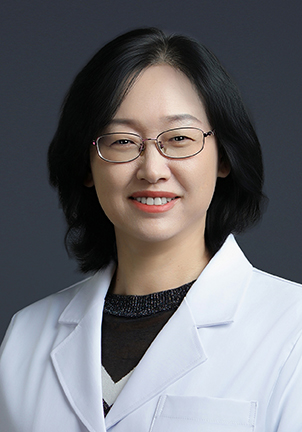 LI WenyuConsultant
LI WenyuConsultant -
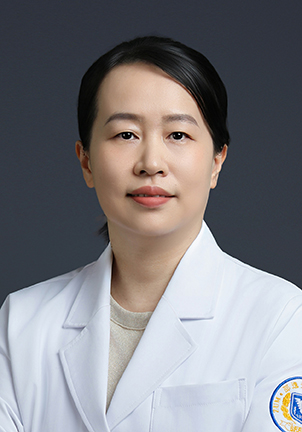 WANG LiConsultant
WANG LiConsultant -
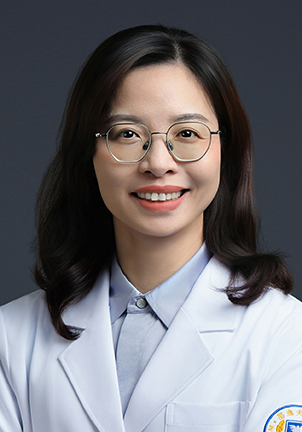 XIA PingConsultant
XIA PingConsultant -
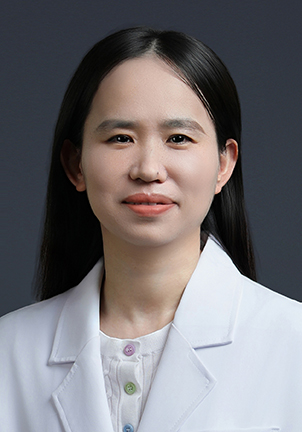 XU XiaoyanConsultant
XU XiaoyanConsultant -
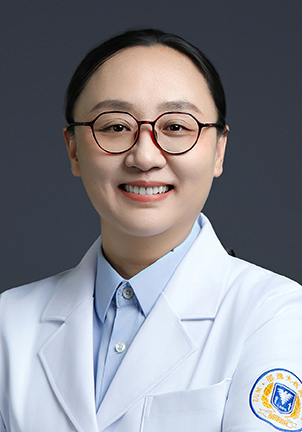 JIANG YunConsultant
JIANG YunConsultant -
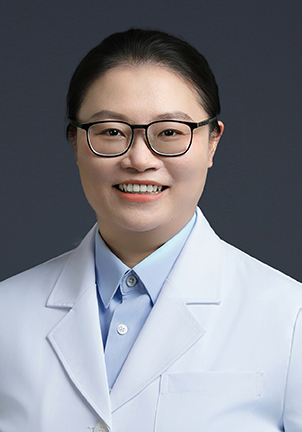 ZHANG DanConsultant
ZHANG DanConsultant -
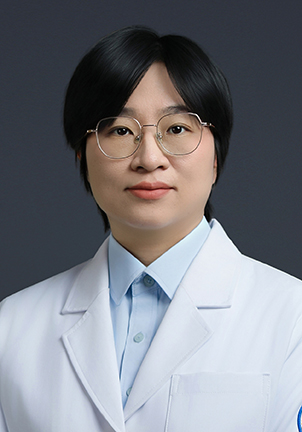 ZHANG WenyingConsultant
ZHANG WenyingConsultant -
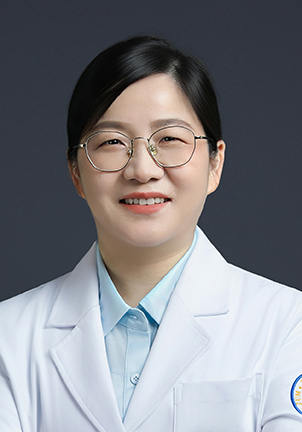 CHEN LiliConsultant
CHEN LiliConsultant -
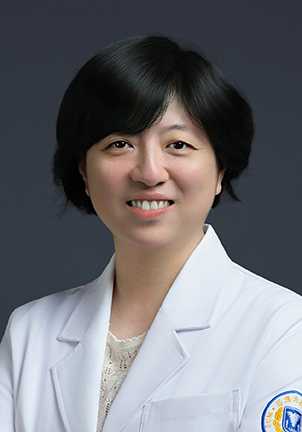 YANG YiConsultant
YANG YiConsultant -
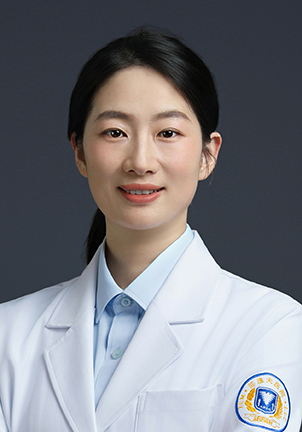 CHENG HuiConsultant
CHENG HuiConsultant -
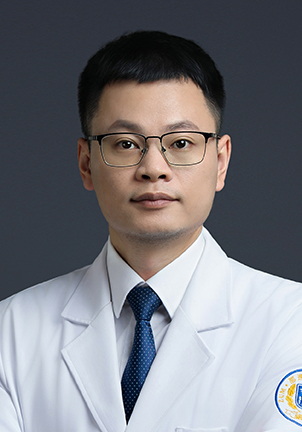 JIN BoConsultant
JIN BoConsultant -
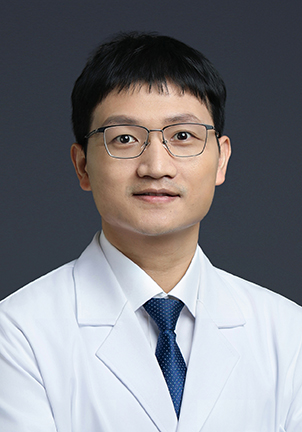 XIE FeiConsultant
XIE FeiConsultant -
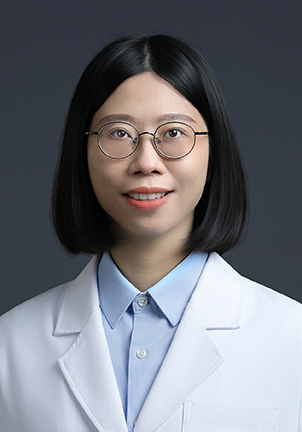 ZHU QiongbinConsultant
ZHU QiongbinConsultant -
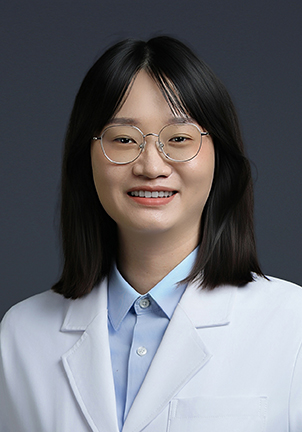 YUE YumeiConsultant
YUE YumeiConsultant -
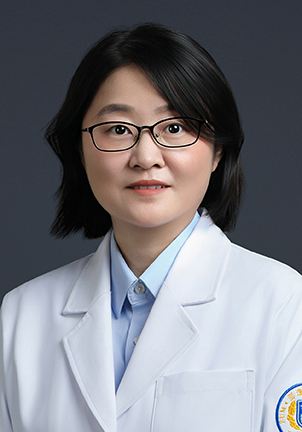 WENG JiequnConsultant
WENG JiequnConsultant














